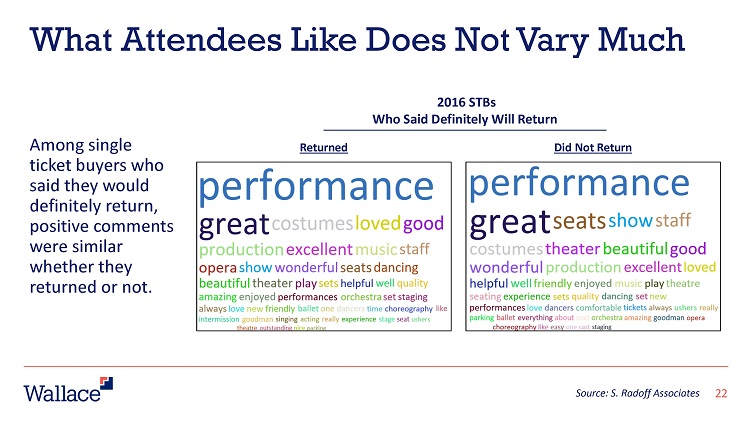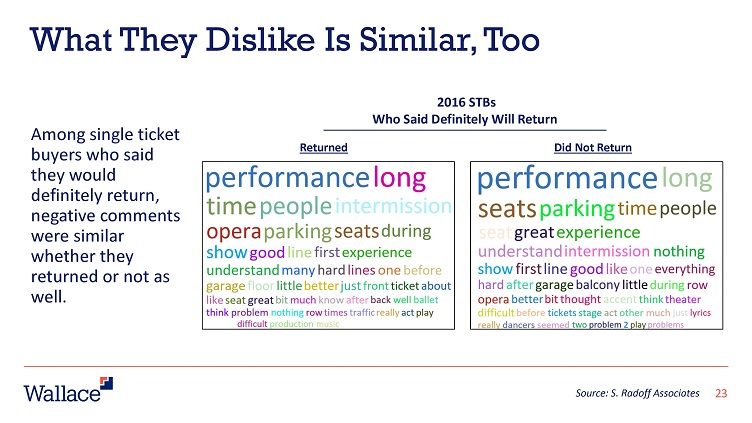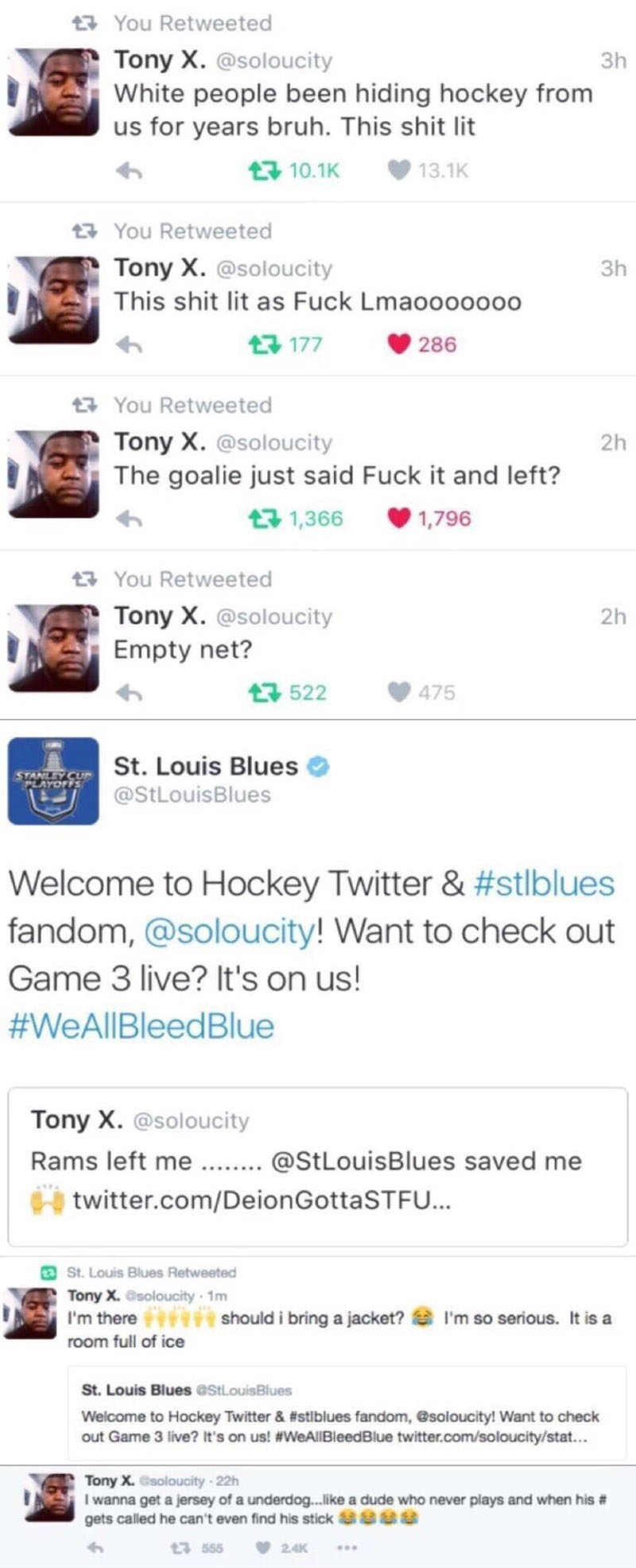When I saw a link on Artsjournal.com to a research study on PLOS One exploring the link between music and morality, I was half expecting to discover that evil people do prefer classical music, bolstering the stereotype of movie villains who apparently love playing that music to accompany their nefarious scheming.
Alas, the researchers didn’t specifically address that highly relevant question. I did learn that there has been a lot more research into the connections between music preference and personality types than I imagined. The literature/previous research review at the start of the research findings discuss those findings if that sounds interesting.
Rather than plotting on a good/evil axis which would require judgment calls, the researchers categorized different ends of the moral spectrum as:
“Individualising (Care and Fairness), indicative of a more liberal perspective, and Binding (Purity, Authority and Loyalty), indicative of a more conservative outlook.”
Looking at everything from lyrics, timbre, and audio elements. In the results section of the study they note the following correlations:
From the perspective of the lyrics’ linguistic cues, we saw that people who value more foundations related to Care and Fairness (Individualising values) prefer artists whose songs’ textual content is about care and joy. Those concerned more about Loyalty, Authority and Purity (Binding or ingroup) foundations tend to choose artists whose songs’ lyrics talk about fairness, sanctity, and love.
Also, individuals with strong ingroup values tend to prefer artists whose lyrics have positive sentiments and talk about dominance. This is intelligible as individuals who value Binding and their social groups tend to engage in group activities such as sports, religious events, and political gatherings, which often make use of music to promote messages of power, unity, and victory (e.g. sports chants, church choirs, etc.). On the other hand, participants with high Binding scores tend to dislike songs with negative valence, violent narratives and songs that resonate with sadness, fear, and disgust.
From an audio perspective, we saw that participants with Binding values preferred more artists whose songs are danceable, loud and with more positive sounds. In contrast, participants with Individualising values chose more artists whose songs are smooth, acoustic and have less dynamic sounds
In terms of timbre, people oriented to Care and Fairness preferred smoother to louder. Binding oriented people preferred the loud, but only conventional rhythmic songs. Binding oriented individuals disliked loud, distorted, rebellious songs that aligned with timbres common in “hard rock, metal indie, pop, and electronic music.”
Like me, you may be wondering where people who enjoy loud, hard music with lyrics about struggle or darker themes. Reading through the study, it wasn’t really clear to me what sort of moral alignment those folks might have. I will confess that I didn’t quite understand some of the technical references to to things like BERT (Bidirectional Encoder Representations from Transformers) and what fell into those classifications.
One thing that amused me was the lengthy discussion of how preferred lyrics reflected moral value. As we all know, a lot of times people aren’t paying close attention to the lyrics and if they are, they may be getting some of them hilariously wrong. It may be that on the whole, lyrics and morals do track closely, but there have been a number of instances in the last few years where people loudly proclaim that an artist has betrayed the moral values they when they were popular 10-20 years ago and the general public cackles, “Were you paying attention to the lyrics?”
There is specific mention in the article about the choice of music at political rallies in the U.S. and how that often aligns with the general moral outlook of each group.







Santa Cruz Shakespeare has several tiers of benefits for donors/members. Some, like season-announcement parties, are open to several tiers. Some,…